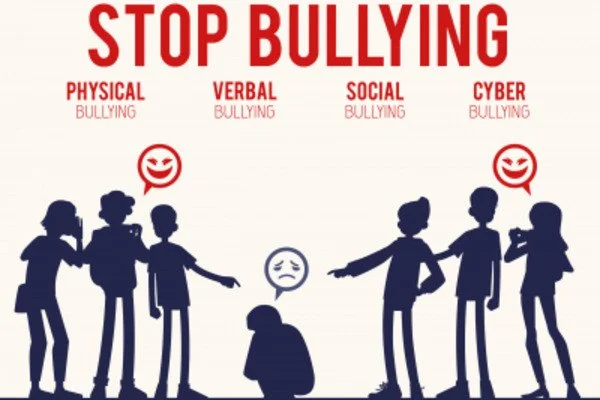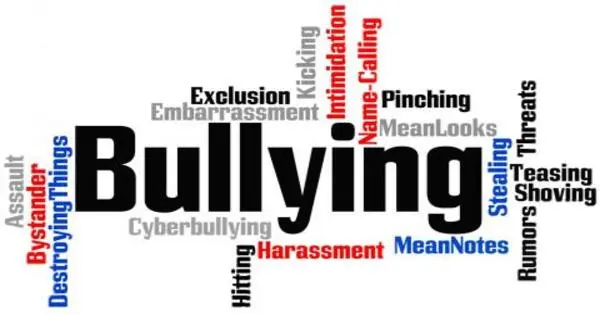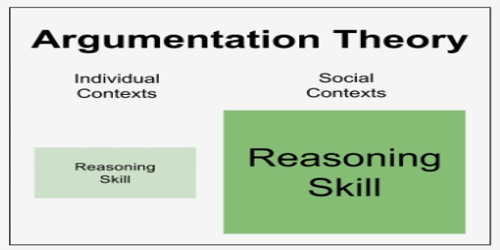School bullying refers to any repeated aggressive behavior by one or more students towards another student(s) in a school setting. This behavior can be physical, verbal, or emotional in nature and can cause harm to the victim. It can also have negative effects on the school environment and the well-being of all students. It is important for schools to have policies in place to prevent and address bullying, and for parents and educators to work together to create a safe and supportive school environment.
It refers to any repeated, intentional behavior that is carried out by one or more students towards another student with the intention of causing harm or distress. This can take many forms, including physical violence, verbal harassment, cyberbullying, and exclusion from social activities. It can have serious impacts on the well-being of the victim and can affect their academic performance and mental health. It is important for schools to have policies and programs in place to address bullying and to support students who may be experiencing it.
It is a form of aggressive behavior in which one or more students intentionally cause harm to others, physically or emotionally, repeatedly over a period of time. This behavior can take many forms, such as physical violence, verbal abuse, and exclusion from social activities, and it can have serious and long-lasting effects on the victim. It’s important for schools to have policies and programs in place to address bullying and provide support for students who have been affected by it.

The cost of school violence is high in many countries, but educational leaders have had success in reducing school bullying by implementing specific strategies. Some strategies for reducing or preventing school bullying include educating students about bullying, limiting the use of recording devices in the classroom, implementing security technology, and hiring school safety officers. However, how schools deal with bullying varies greatly. Victims of school bullying experience depression, anxiety, anger, stress, helplessness, and poor academic performance.
Unexplainable injuries, anxiety, and post-traumatic stress symptoms, lost or destroyed clothing, changes in eating habits, declining grades, frequent school absences, self-harm, suicidal ideations, and becoming overly apologetic are all signs that a child is being bullied.
Physical or verbal fights, frequent trips to the principal’s office, friends who bully others, and becoming increasingly aggressive in normal activities are all signs that a child is bullying others. Poor school behavior, emotional disturbance, depression, post-traumatic stress, drug and alcohol abuse, and suicidal ideation are all signs that a child has witnessed bullying.
















